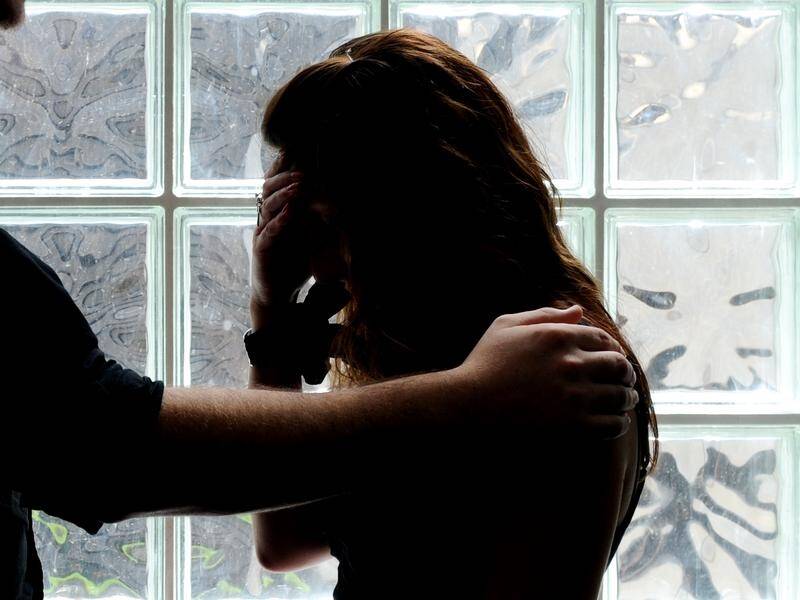
NGOCSTIP – Breaking Free from Modern Slavery is a pressing issue that requires global attention. Human trafficking is a widespread crime that affects millions of men, women, and children each year. Victims are often subjected to forced labor, sexual exploitation, or both. While it remains an invisible problem in many societies, it continues to thrive in various regions worldwide. Raising awareness is crucial to combating this human rights violation and ending the suffering of countless individuals.
Human trafficking involves the exploitation of people through force, fraud, or coercion. The purpose of trafficking is often for sexual exploitation, forced labor, or other forms of involuntary servitude. Victims are often lured with false promises of better opportunities or a brighter future, only to be trapped in dire situations. They may be physically and emotionally abused, deprived of freedom, and stripped of their basic rights.
There are various forms of human trafficking, including sex trafficking, labor trafficking, and child trafficking. While the victims may vary in age and gender, they share a common experience of being controlled and exploited by traffickers. These criminals prey on vulnerable individuals, often targeting those in poverty or facing other hardships.
Human trafficking devastates its victims. They often face physical abuse, mental trauma, and emotional manipulation. Traffickers deprive them of access to healthcare, education, and legal protection. Many victims experience post-traumatic stress disorder (PTSD), anxiety, and depression due to their exploitation.
In some cases, traffickers force victims into sex work and make them engage in sexual activities against their will. These individuals cannot escape their captors and live in constant fear of violence or retaliation. Other victims endure grueling labor conditions, working in factories, farms, or construction sites without pay. They work long hours and suffer harsh treatment.
“Read about: Hope After Human Trafficking: Inspiring Survivor Journeys”
Human trafficking is a global issue that impacts every country. According to the International Labour Organization (ILO), over 40 million people fall victim to modern slavery worldwide. The illegal trade in humans generates billions of dollars annually, making it one of the most profitable forms of crime.
Human trafficking often remains hidden in plain sight. It occurs in both developed and developing countries, affecting people from all walks of life. Some victims are trafficked across borders, while others face exploitation within their own countries. Traffickers use various methods, such as threats, violence, and deception, to control their victims.
Recognizing the signs of human trafficking is crucial for preventing further exploitation. Common indicators include individuals who appear fearful, isolated, or controlled by others. Victims may show physical abuse or signs of malnutrition, and they often lack personal identification documents.
Another red flag is when someone seems unable to leave their situation or is overly submissive. Trafficked individuals may face long hours of forced labor with little to no pay, and they may have restricted movement. In cases of sex trafficking, traffickers often control victims and force them to perform sex acts for money.
Education and awareness are critical in the fight against human trafficking. By educating the public about the signs of trafficking and how to report it, communities can help identify and assist victims. Schools, workplaces, and community organizations play an important role in raising awareness about the issue.
Governments and non-governmental organizations (NGOs) are also working together to provide education and resources to at-risk populations. These efforts aim to empower individuals and communities to take action against trafficking. Raising awareness can also reduce the stigma surrounding victims and encourage society to view them as survivors rather than criminals.
“Read more: How Global Coalitions Are Tackling Human Trafficking”
Many countries have passed laws to address human trafficking, but enforcement remains a challenge. Laws against human trafficking often include provisions for victim protection, victim compensation, and criminal penalties for traffickers. However, human trafficking is a complex crime that requires international cooperation to effectively combat it.
The United Nations, along with other international organizations, works to create global frameworks to help countries address trafficking. The Trafficking in Persons Protocol, adopted by the UN in 2000, outlines measures to prevent trafficking, protect victims, and prosecute offenders.
“Read mroe: Pinworm Prevention and Treatment for Children: What You Need to Know”
Everyone plays a role in ending human trafficking. If you suspect someone may be a victim, report it to the authorities immediately. Many countries have dedicated hotlines for trafficking cases, allowing tips to be reported anonymously.
Supporting organizations that provide resources and rehabilitation for trafficking victims is also crucial. Many NGOs offer legal assistance, healthcare, housing, and counseling to help survivors rebuild their lives. By donating time or resources, individuals can contribute to the ongoing fight against human trafficking.